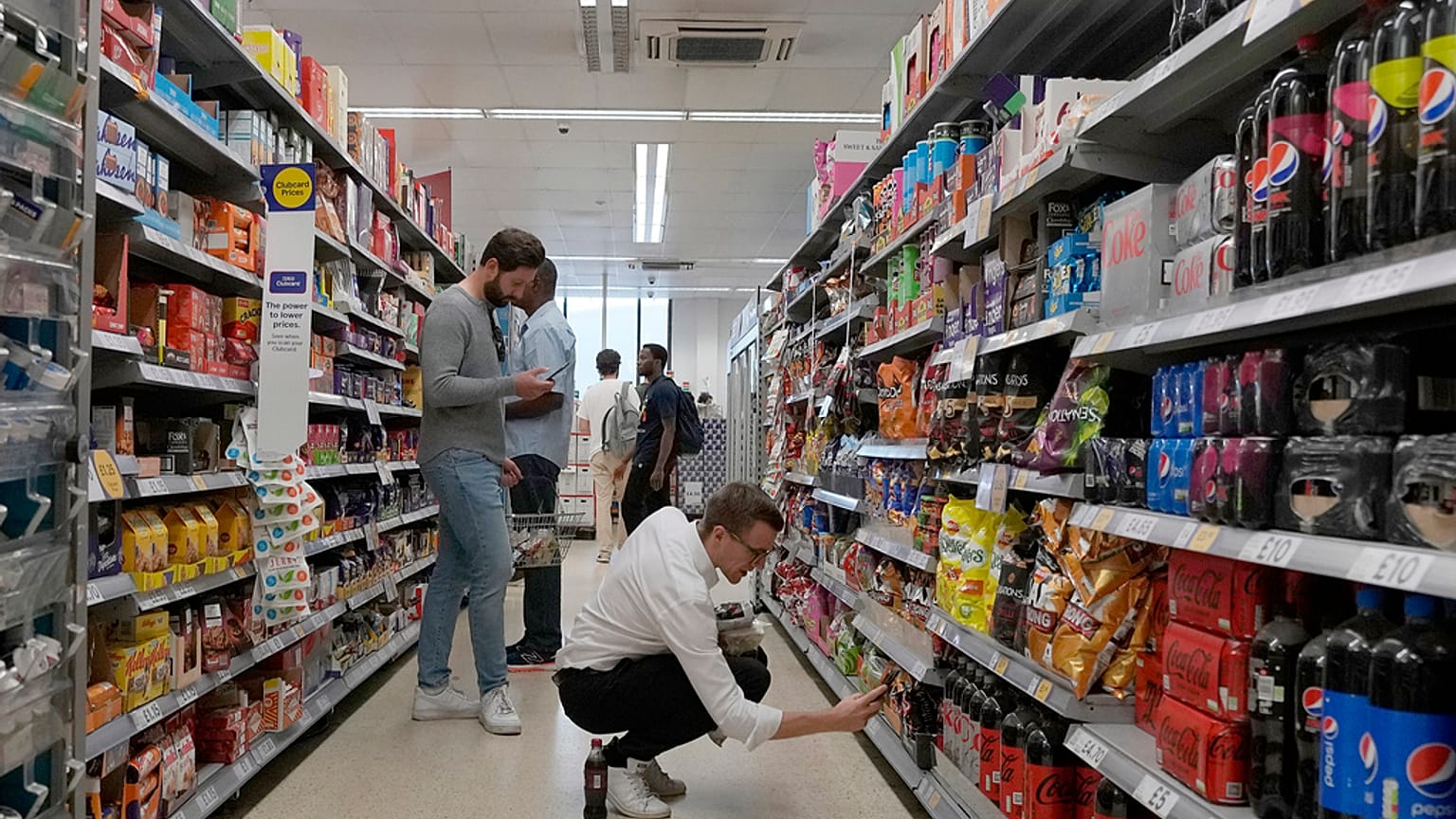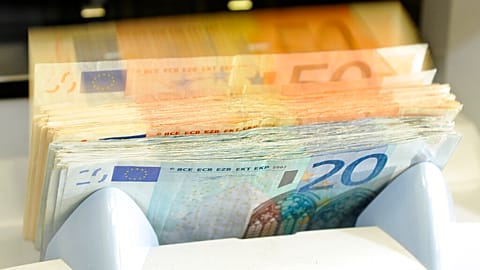With UK inflation falling to its lowest in more than two years in February, what are the potential implications for tax reductions?
The rate at which consumer prices are rising in the UK has slowed down significantly, according to new figures, sparking hope for tax cuts.
In February, UK prices rose at an annual rate of 3.4%, down from January's 4.0%, marking the lowest level in two and a half years, according to the Office for National Statistics (ONS).
The decrease exceeded expectations, as analysts had predicted a decline in headline inflation to 3.6%.
The most significant factors contributing to the changes in the Consumer Price Index annual rates were food, along with restaurants and cafes, according to the ONS.
Conversely, the primary drivers pushing the rates upward were housing and household services, as well as motor fuels.
"This notable decline is further evidence that the UK is rapidly approaching the finish line in its battle against surging inflation," Suren Thiru, economics director at the Institute of Chartered Accountants in England and Wales, told the AP.
Similarly, Jeremy Hunt, the Chancellor of the Exchequer, remarked that a significant decline in inflation suggested the government's economic strategies were working effectively, hinting at the possibility of tax cuts.
"Inflation has not just fallen decisively but is forecast to hit the 2% target within months,” he said.
"This sets the scene for better economic conditions which could allow further progress on our ambition to boost growth and make work pay by bringing down national insurance as we work towards abolishing the double tax on work - but only if we can do so without increasing borrowing or cutting funding for public services," he said.
Despite the positive news, some still call for vigilance. Shadow chancellor Rachel Reeves pointed out that "prices are still high" despite falling inflation.
"After 14 years of chaos and uncertainty under the Conservatives, working people are worse off ... The tax burden is the highest it has been in 70 years and mortgage payments are going up," she said.
Concerning the effect of falling inflation on businesses, Boudewijn Driedonks, a partner at McKinsey & Company, said that while the decline in inflation could signal "an important tipping point," it's crucial to remain cautious.
"We have seen alternating increases and decreases in manufacturing input and output prices making it tricky for manufacturers to uphold stable margins, so businesses will need to double-down on holistic revenue management and use all the levers at their disposal – pricing, promotion, discounting, and product mix management – to find the right balance between protecting margins and capturing pockets of growth," he said.
While inflation is still higher than the Bank of England's target of 2%, the decrease suggests a positive trend. Inflation surged to over 11% at the end of 2022 following Russia's invasion of Ukraine, which resulted in significant hikes in energy costs.
The British public seems hopeful that inflation will remain lower, according to a recent survey by the Bank of England. Median expectations for the rate of inflation over the next year were 3%, down from 3.3% in November 2023.


















